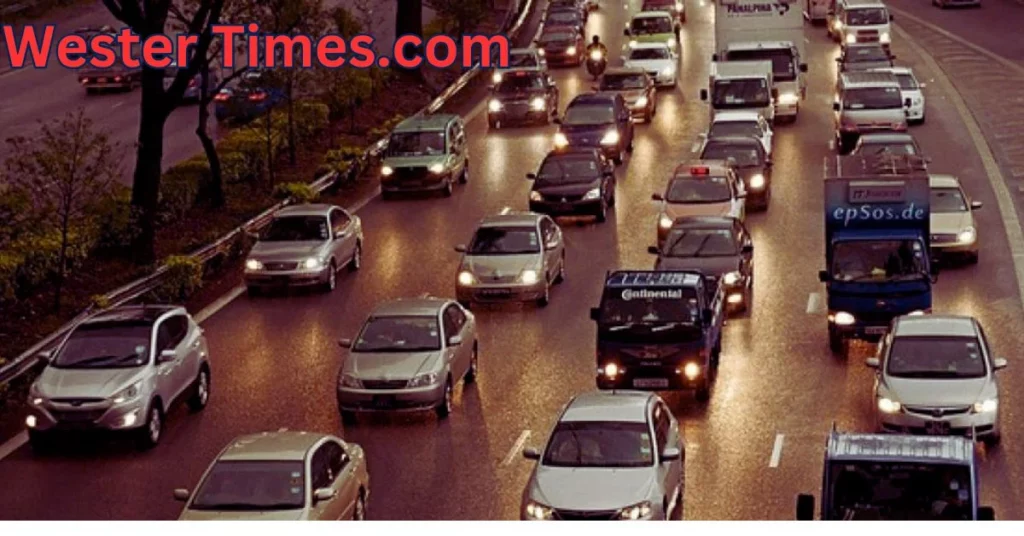The European Union is facing mounting criticism for considering watering down its proposed Euro 7 car pollution standards, which could have significant environmental and health consequences. This potential rollback comes amidst intense lobbying from the automotive industry, arguing that stricter regulations would be too costly and hinder innovation.
Experts from the Consortium for Ultra-low Vehicle Emissions (Clove) have raised concerns that the proposed changes would effectively negate half of the expected financial savings from cleaner vehicles. They estimate that the weakened standards could lead to an additional €100 billion in health and environmental costs.
The proposed changes would relax limits on nitrogen dioxide emissions, a significant pollutant linked to respiratory problems and premature deaths. Clove experts had recommended significantly reducing nitrogen dioxide emission limits and tightening real-world driving tests for new models. However, under the current proposal, these limits would remain unchanged from the previous Euro 6 standards.
The automotive industry has been vocal in its opposition to stricter regulations, arguing that they would place an undue burden on carmakers and raise costs for consumers. The European Automobile Manufacturers’ Association (Acea) has lobbied extensively for the proposed changes, emphasizing the potential impact on the industry’s competitiveness.
In a secret meeting between a representative of the European Commission and the then-chair of Acea, carmakers reportedly pushed for weaker emission limits and approval tests. The commission representative reportedly assured the lobbyist that the commission would set “ambitious but feasible requirements.”
Environmental groups have condemned the proposed changes, characterizing them as a “greenwashed Euro 6” that would fail to protect public health and the environment. They argue that the industry’s opposition to stricter regulations is reminiscent of the 2015 Dieselgate scandal, where carmakers used software trickery to circumvent emissions standards.
The European Parliament will vote on the Euro 7 proposal this week. The vote outcome will determine whether the EU prioritizes industry interests or takes decisive action to address the ongoing problem of air pollution from vehicles.

